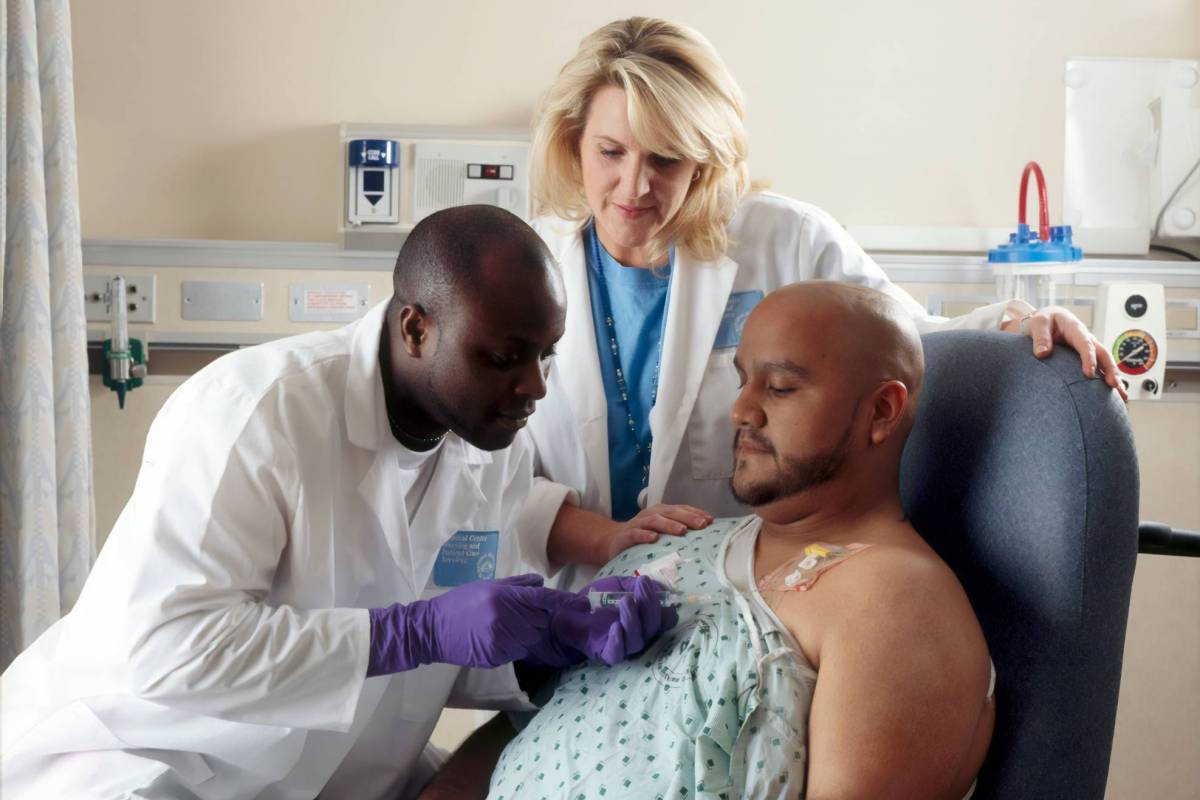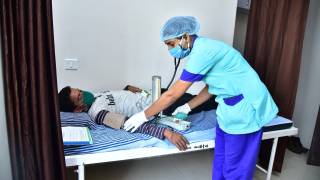Blood Thinners Work for Some, But Not All COVID-19 Patients

The results from a large worldwide clinical trial show that treating moderately ill hospitalized COVID-19 patients with a full-dose blood thinner reduced their need for organ support, such as mechanical ventilation, and improved their chances of leaving the hospital.
However, the treatment strategy used for critically ill COVID-19 patients requiring intensive care did not produce similar outcomes.
These researchers observed that in some people who died from COVID-19, blood clots had formed throughout their bodies, even in their smallest blood vessels.
Doctors did not know which antithrombotic drug, what dose, and at what point during the course of COVID-19, antithrombotics might be effective.
Antithrombotics, which include blood thinners or anticoagulants, help prevent clot formation in certain diseases.
To answer these urgent questions, three international partners came together.
First, they harmonized their clinical trial protocols to study the effects of using a full or therapeutic dose of the blood thinner heparin versus a low or prophylactic dose of heparin in moderately and critically ill patients hospitalized with COVID-19.
The New England Journal of Medicine published the formal conclusions from this study on August 4, 2021. And discussed in a related Editorial.
“These (study) results make for a compelling example of how important it is to stratify patients with different disease severity in clinical trials. What might help one subgroup of patients might be of no benefit, or even harmful, in another,” said NHLBI Director Gary H. Gibbons, M.D., in a related press statement.
The researchers defined moderately ill patients as those hospitalized for COVID-19 without the requirement of organ support and critically ill patients as those hospitalized for COVID-19 requiring intensive care level of support, including respiratory and/or cardiovascular organ support.
“More work needs to be done to continue to improve outcomes in patients with COVID-19,” added Matthew D. Neal, M.D., the Roberta G. Simmons Associate Professor of Surgery at the University of Pittsburgh, co-senior author of the severely ill study, co-first author of the moderately ill study, and co-chair of ACTIV-4a Antithrombotics Inpatient.
“Given what we know about the type of blood clots in patients with COVID-19, testing anti-platelet agents is a particularly exciting approach.”
The collaborative trials are supported by multiple international funding organizations, including the Canadian Institutes of Health Research, the National Institute for Health Research (U.K.), the National Health and Medical Research Council (Australia), the US National Institutes of Health and the EU PREPARE and RECOVER consortia.
Our Trust Standards: Medical Advisory Committee























